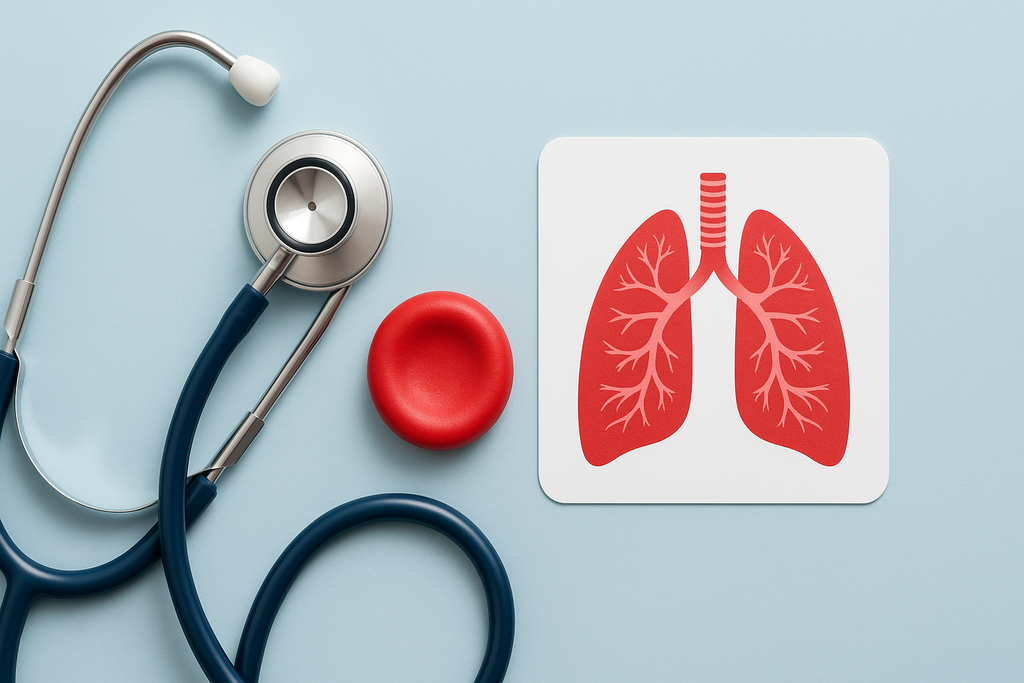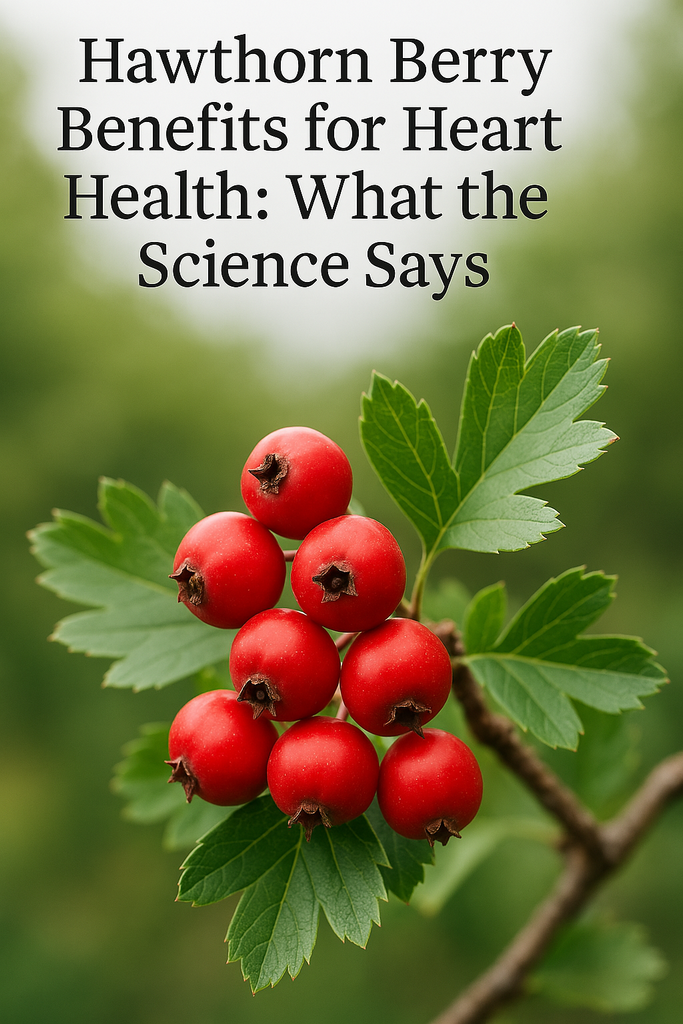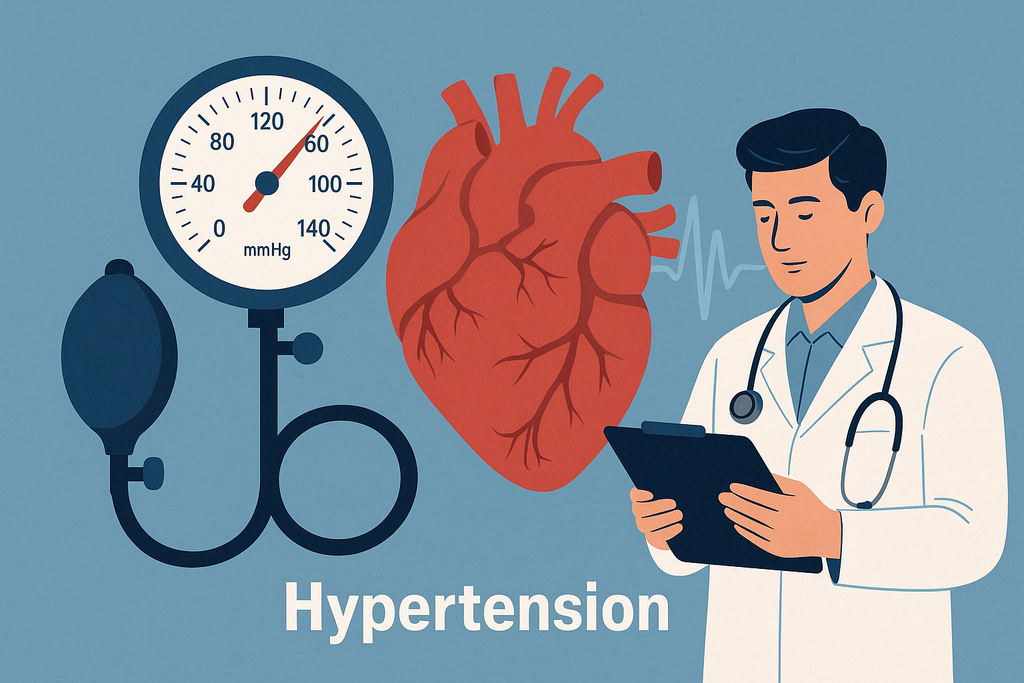News — cardiovascular support
Best Lifestyle Changes for Preventing Atherosclerosis and Heart Disease
anti-inflammatory diet arterial health atherosclerosis prevention best heart health tips blood pressure control cardiovascular support diet for heart exercise and heart health heart disease heart disease risk factors heart supplements heart support supplements heart-healthy lifestyle how to prevent heart disease LongLife Nutri Mediterranean diet natural heart health omega-3 for heart prevent plaque buildup reduce cholesterol
Heart disease remains the leading cause of death worldwide, but the good news is this: much of it is preventable. At the core of many cardiovascular issues is a condition known as atherosclerosis—the buildup of plaque in the arteries that can lead to heart attacks, strokes, and other life-threatening events. While genetics play a role, it’s lifestyle choices that often tip the scales.
Fortunately, science has identified several powerful changes you can make to not just halt the progression of atherosclerosis, but potentially reverse some of the damage. From food to fitness to stress management, these daily habits act as natural medicine for your heart. Let’s explore the best evidence-backed strategies to protect your arteries and your future. To complement these lifestyle changes, explore targeted support from LongLife Nutri’s Heart Health Collection.
What You Need to Know About Pulmonary Embolism | Clot Awareness Guide
blood clots in lungs blood thinners cardiovascular support clot awareness clot risk reduction deep vein thrombosis DVT and PE heart health LongLife Nutri lung clot emergency natural blood clot prevention omega-3 for circulation omega-3 supplement PE diagnosis PE prevention PE recovery PE symptoms pulmonary embolism pulmonary embolism treatment signs of PE
Imagine a blood clot suddenly traveling through your veins, lodging in your lungs, and cutting off blood flow—this is the terrifying reality of a pulmonary embolism (PE). Often striking without warning, a pulmonary embolism is a medical emergency that can be fatal if not recognized and treated promptly. It’s a leading cause of sudden death in hospitalized patients and can affect anyone, regardless of age or health status.
Fortunately, with growing awareness and advances in medical technology, PE is increasingly preventable and treatable. Whether you're concerned about your risk or supporting a loved one who’s recovering, understanding the warning signs, causes, and treatment options is essential. This guide will help you recognize the danger, make informed choices, and possibly save a life.
Hawthorn Berry Benefits for Heart Health: What the Science Says
angina natural remedy antioxidants for blood vessels blood pressure supplements cardiovascular support cholesterol lowering herbs circulation booster Crataegus extract flavonoids for heart hawthorn berry hawthorn berry research hawthorn extract dosage hawthorn for heart failure hawthorn heart benefits hawthorn supplement safety heart health supplement herbal cholesterol support herbal heart support natural blood pressure remedy natural heart remedies reduce heart palpitations naturally
Hawthorn berry has been used for centuries in traditional medicine, especially in Europe and Asia, to support cardiovascular wellness. Known for its bright red color and tart taste, this small fruit comes from the Crataegus plant—a genus rich in flavonoids, antioxidants, and compounds believed to nourish the heart.
In recent decades, hawthorn has attracted increasing attention from the scientific community for its potential role in promoting heart health. From improving circulation to easing symptoms of heart failure and managing blood pressure, hawthorn berry offers promising benefits supported by research. Let’s dive into the evidence and uncover how this ancient remedy stacks up in modern times.
Beta-Blockers: How They Work for Your Heart and Anxiety
anxiety treatment arrhythmia treatment atenolol beta-blockers beta-blockers and stress beta-blockers for anxiety blood pressure medication calming supplements cardiovascular support heart health heart medicine heart rate control how beta-blockers work hypertension treatment natural alternatives to beta-blockers nervous system performance anxiety propranolol side effects of beta-blockers stage fright remedy
Beta-blockers are a class of medications widely known for their ability to manage high blood pressure and support heart health. But these powerful drugs do more than just slow your pulse—they also play a key role in treating anxiety, migraines, and certain types of tremors. Whether prescribed for a cardiac condition or occasional stage fright, beta-blockers work by calming the body’s response to stress and reducing strain on the cardiovascular system.
While highly effective, beta-blockers are not without their risks. Like any medication, they come with a list of potential side effects and require proper monitoring. In this article, we'll explore how beta-blockers work, their common uses, potential side effects, and what you need to know if you're considering—or already taking—this versatile heart and anxiety medication.
Understanding Hypertension: Symptoms, Causes, and Prevention
blood pressure monitor blood pressure readings blood pressure symptoms cardiovascular risk cardiovascular support CoQ10 DASH diet healthy arteries heart health high blood pressure hypertension lifestyle changes for heart magnesium manage hypertension natural blood pressure remedies potassium prevent stroke
Often called the “silent killer,” hypertension—or high blood pressure—is one of the most common and dangerous health conditions in the world. It creeps in quietly, often with no noticeable symptoms, but over time it can damage your heart, brain, kidneys, and blood vessels, leading to serious complications like stroke, heart attack, and chronic kidney disease.
But here’s the good news: hypertension is highly preventable and manageable. With the right knowledge and proactive habits, you can take control of your blood pressure before it takes control of you. This comprehensive guide breaks down what hypertension really is, what causes it, how to recognize it early, and what you can do to keep your heart and arteries strong for life.





